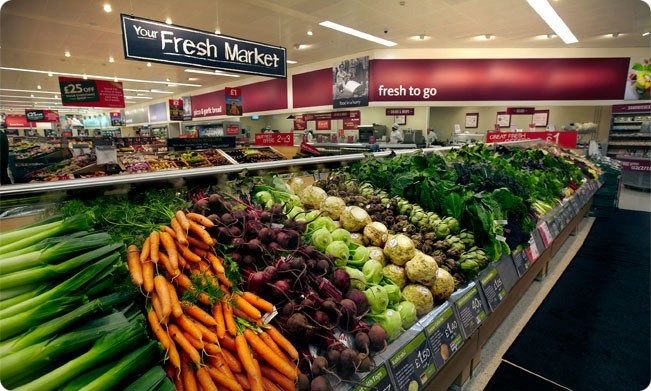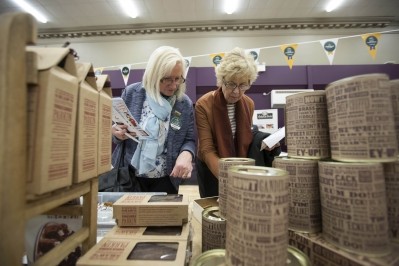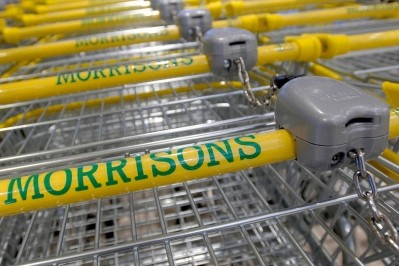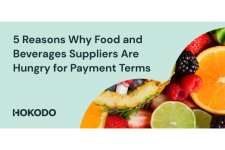Morrisons’ food manufacturing: asset or liability?

The first phase of Potts’s strategic plan “Fix” concentrated on the retail estate, while manufacturing will have a crucial role in phases two and three, “Rebuild and Grow”.
In a statement accompanying the results, the company said: “We will turnaround Morrisons and become a broader, stronger business. That opportunity is enabled by our unique capabilities as food makers and shopkeepers, and our well-invested manufacturing operations.”
It continued: “We now expect £50M–£100M incremental UPBT [underlying profit before tax] from opportunities we have identified within online, manufacturing, wholesale, popular and useful services and, as debt falls, lower interest costs.
“The recent wholesale supply agreement with Amazon and franchise convenience store pilots with Motor Fuel Group are examples of how Morrisons can become broader and stronger.”
Verdict Retail analyst Duygu Hardman believed Morrisons’ manufacturing capability is a major strength because it differentiates its product offer among the big four supermarkets.
“Morrisons produces more than half its products in-house so it has a bigger control over the price element of its proposition compared with its competitors,” she said.
Fresh food and meat
This had enabled Morrisons to react quickly to activity by the discounters, launching its price crunch campaign and slashing the cost of 1,000 items such as fresh food and meat, where the discounters are currently improving their offer and competing head on with the big four.
She added that the manufacturing capability was important to its brand identity but the company was not doing a good job in communicating that side of its proposition.
“Market Street is critical in associating the brand with its British heritage and consumers care more and more about provenance,” she said.
“During the horsegate scandal other retailers were exposed in terms of the failures in their supply chain. But Morrisons hasn’t done a very good job in communicating the strength of its vertical integration to a wider audience.
“It’s not just having control over prices but what this means for its brand identity. This is a unique thing that it should communicate more to its audiences.”
But she did not expect Morrisons’ tie-up with Amazon to lead to an expansion of manufacturing, however. “David Potts said the tie-up with Amazon was a low-risk and capital-light arrangement,” said Hardman.
“It might add some pressure on its manufacturing activity but it’s more about maximising the resources to reach a wider consumer base and could play a key role in covering Morrisons’ recent fall in share of the grocery market.”
‘We like … the words food maker …’
Clive Black and Darren Shirley at Shore Capital were equally upbeat. They said: “Everything flows for Morrisons from the factory and shopfloor. We like and reiterate Mr Potts’s use of the words ‘food maker and shopkeeper’.
“Work and progress in these two particular areas are stabilising trade in a demonstrably competitive market, embracing deflation and gross margin investment.”
But Julian Wild, head of the food team at Rollits solictors, argued manufacturing was an unnecessary distraction from Morrisons’ core business.
“I don’t see Morrisons’ food manufacturing as being a long-term benefit to the company, which is first and foremost a grocer and retailer,” he told FoodManufacture.co.uk.
“Its ability to manufacture its own products is not perceived by its customers as being of particular value to the consumer. There are many other high quality food manufacturers in the UK that are well-invested and more than capable of supplying what Morrisons needs at very competitive prices.
“Having a very large food manufacturing and distribution division can only be a diversion from its main purpose in life as a retailer. David Potts in his radio interview appeared to be non-committal on the eventual future for Morrisons’ food manufacturing.”





















